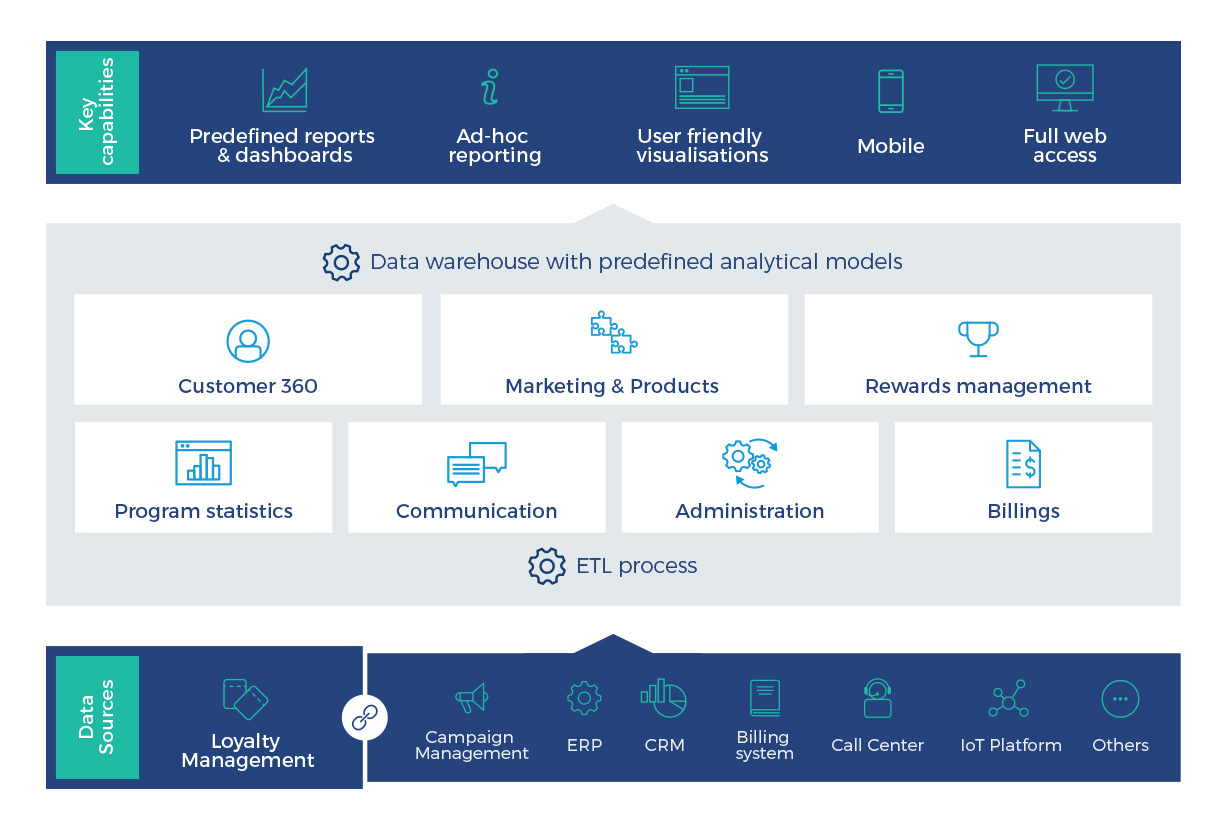The modern business landscape is increasingly data-driven. Companies are swimming in information – sales figures, customer behavior, marketing campaign results, operational metrics – but often struggle to extract meaningful insights from this deluge. This is where a robust Business Intelligence (BI) platform comes in. A Business Intelligence platform isn’t just a tool; it’s a strategic engine that transforms raw data into actionable intelligence, empowering businesses to make smarter decisions, optimize operations, and ultimately, gain a competitive advantage. This article will delve into what a Business Intelligence platform is, its key components, benefits, and how to choose the right one for your organization.
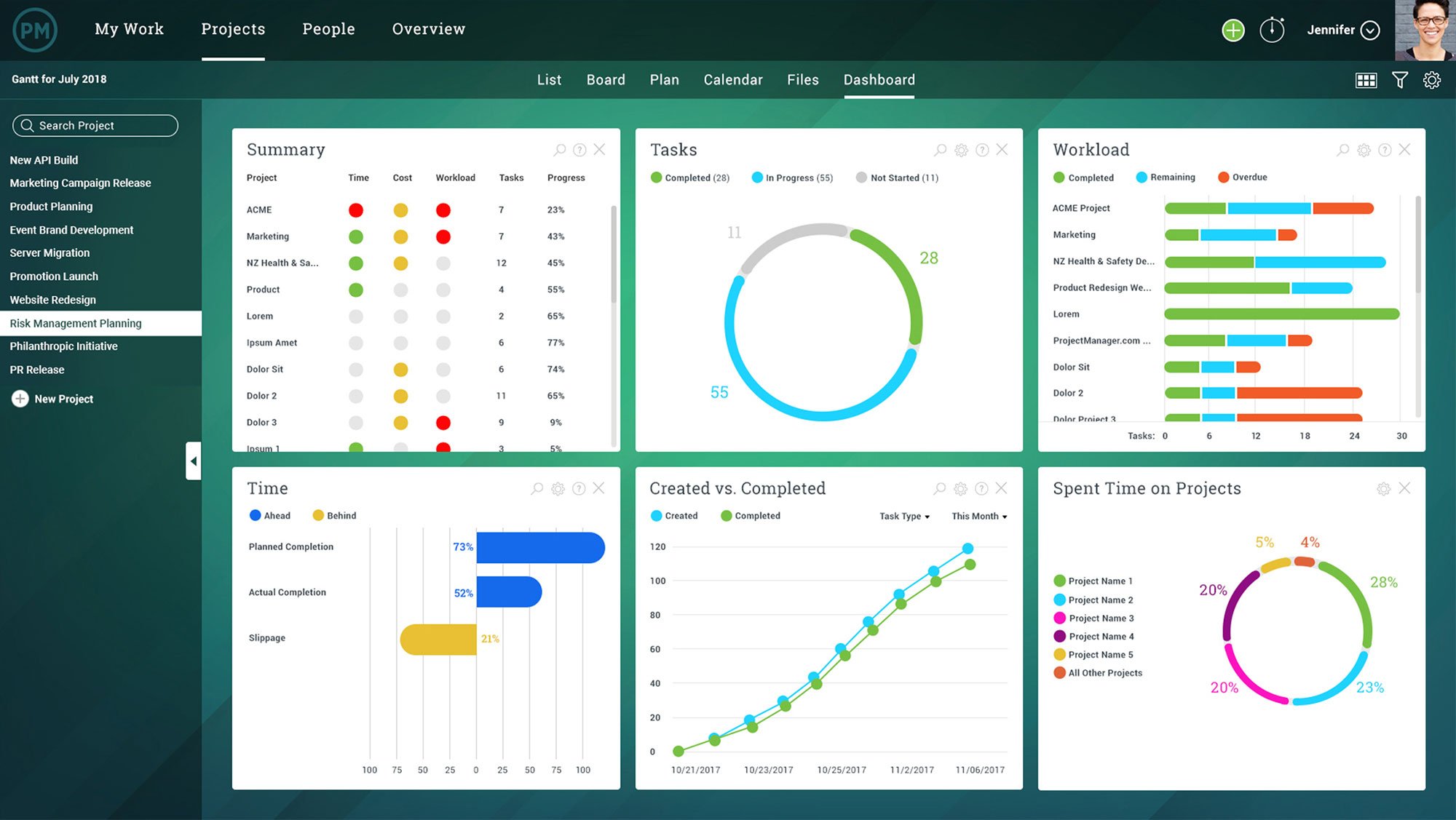
What is a Business Intelligence Platform?
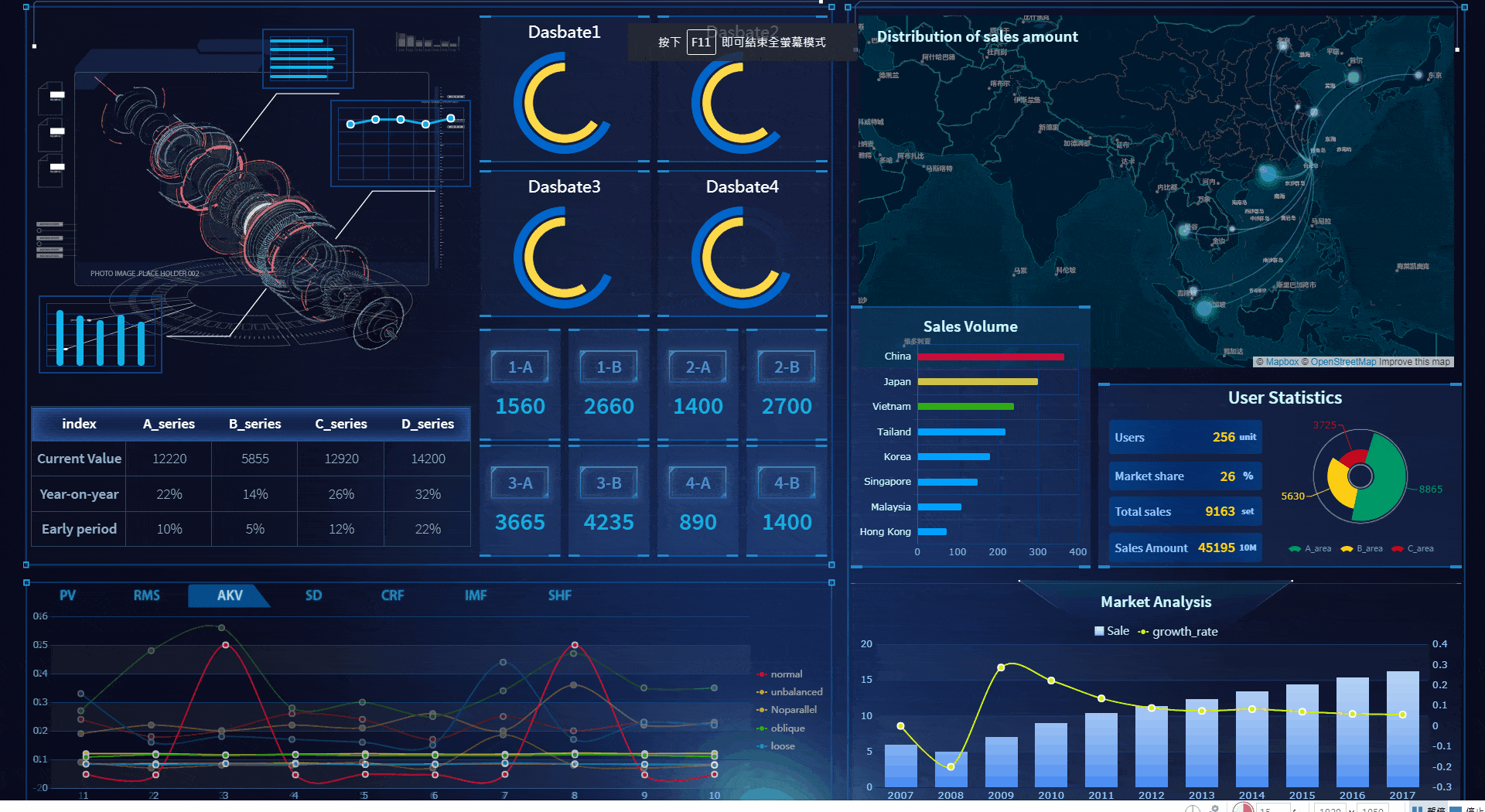
At its core, a Business Intelligence (BI) platform is a software system designed to collect, analyze, and visualize data from various sources. It acts as a central hub for data management, providing users with the tools to explore, analyze, and report on business performance. Unlike traditional reporting methods that often rely on manual data entry and limited analysis, a BI platform offers a more dynamic and comprehensive approach. It’s essentially a digital dashboard that transforms complex data into easily understandable insights. The platform facilitates the creation of dashboards, reports, and visualizations, allowing users to quickly identify trends, patterns, and anomalies. It’s a crucial component of a modern data-driven strategy.

Key Components of a Business Intelligence Platform
Several key components work together to deliver a powerful BI experience. These typically include:
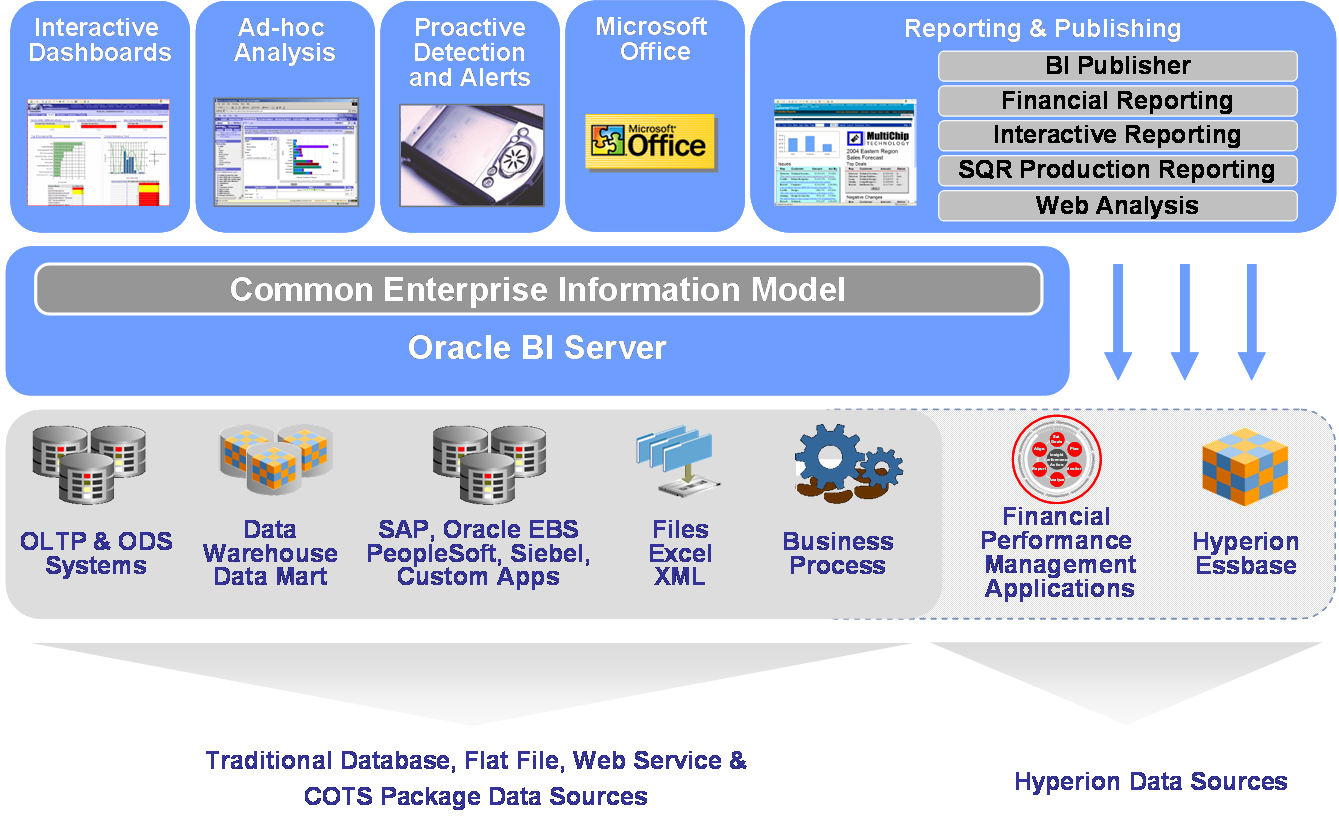
- Data Connectors: These are the interfaces that allow the platform to connect to various data sources – databases (SQL Server, Oracle, MySQL), cloud services (Salesforce, Google Analytics), spreadsheets (Excel, Google Sheets), and more. Without robust connectors, the platform’s value is severely limited.
- Data Warehousing: A data warehouse is a centralized repository for structured data, designed for efficient querying and analysis. It provides a consistent and reliable foundation for BI reporting.
- Data Transformation & ETL (Extract, Transform, Load): Many BI platforms include ETL capabilities, which automate the process of extracting data from source systems, transforming it into a usable format, and loading it into the data warehouse.
- Data Visualization Tools: These tools allow users to create interactive charts, graphs, and maps to represent data in a visually appealing and easily digestible manner. Common options include Tableau, Power BI, and Qlik Sense.
- Reporting Engine: This component generates scheduled reports and dashboards based on pre-defined templates and queries.
- Analytics Capabilities: Beyond simple reporting, many BI platforms offer advanced analytics features such as predictive modeling, data mining, and statistical analysis.
Benefits of Implementing a Business Intelligence Platform
The adoption of a BI platform yields a multitude of benefits for businesses across diverse sectors. Here are some key advantages:
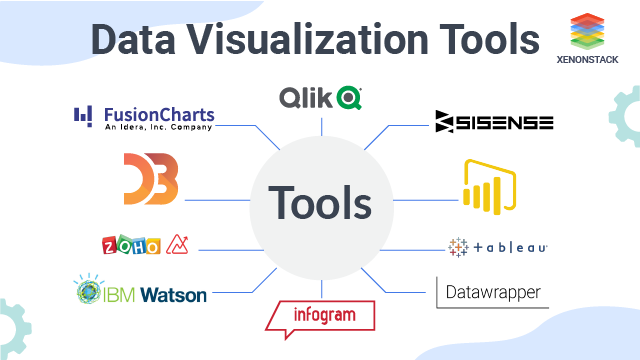
- Improved Decision-Making: By providing real-time insights, BI empowers stakeholders to make more informed and timely decisions. Instead of relying on gut feelings, they can base their choices on data-backed evidence.
- Increased Operational Efficiency: Identifying bottlenecks and inefficiencies within operations is significantly easier with BI. Analyzing key performance indicators (KPIs) allows for targeted improvements.
- Enhanced Customer Understanding: BI can reveal valuable insights into customer behavior, preferences, and needs, enabling businesses to personalize marketing efforts and improve customer service.
- Competitive Advantage: By identifying market trends and opportunities, businesses can proactively adapt to changes and maintain a competitive edge.
- Reduced Costs: Streamlining processes, optimizing resource allocation, and preventing costly errors are all facilitated by effective BI.
- Better Forecasting: Predictive analytics within BI platforms allow for more accurate forecasting of sales, demand, and other key metrics.
Specific Use Cases for Business Intelligence Platforms
The applications of BI platforms are incredibly broad. Here are a few examples:
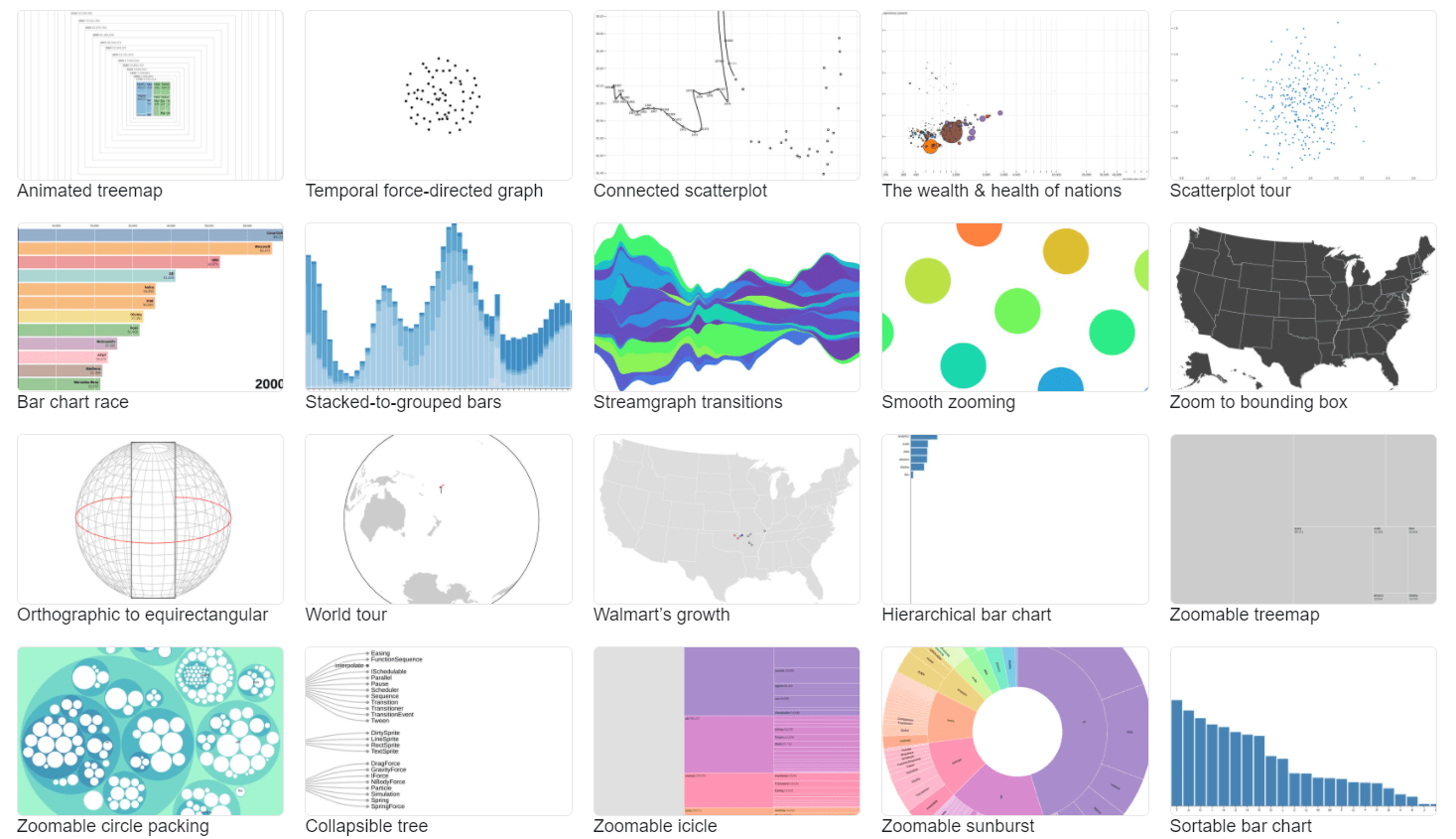
- Sales Performance Analysis: Track sales trends, identify top-performing regions and products, and optimize sales strategies.
- Marketing Campaign Optimization: Analyze campaign performance, identify which channels are most effective, and allocate marketing budgets accordingly.
- Supply Chain Management: Monitor inventory levels, optimize logistics, and reduce costs.
- Financial Reporting: Generate accurate and timely financial reports for internal management and external stakeholders.
- Risk Management: Identify and assess potential risks based on data analysis.
- Human Resources: Analyze employee performance, identify training needs, and improve talent management.
Choosing the Right Business Intelligence Platform
Selecting the appropriate BI platform depends heavily on your organization’s specific needs and requirements. Here are some factors to consider:
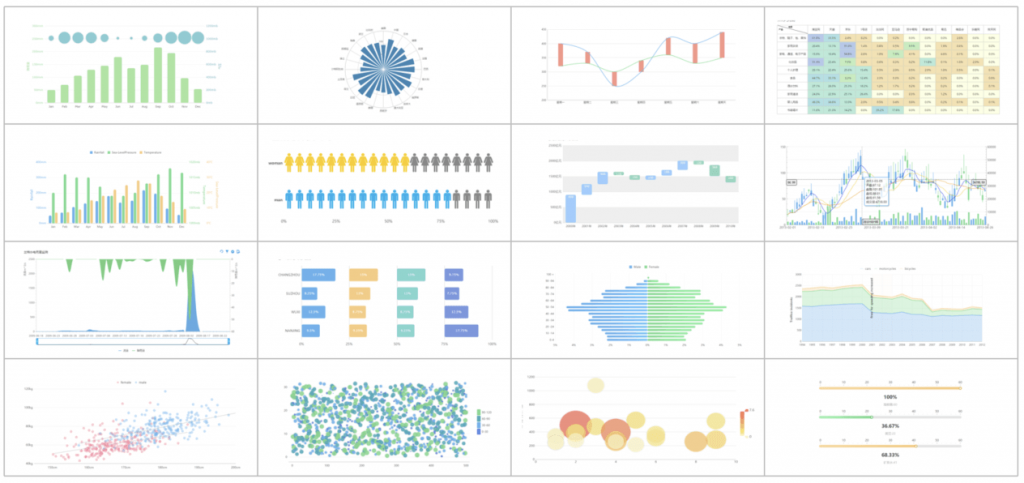
- Data Sources: Does the platform support the data sources you need to connect to?
- Scalability: Can the platform handle your growing data volumes and user base?
- Ease of Use: Is the platform intuitive and easy to learn for your team?
- Cost: Consider both the initial cost and ongoing maintenance fees.
- Integration: Does the platform integrate with your existing business systems (CRM, ERP)?
- Security: Ensure the platform offers robust security features to protect your data.
Popular BI platforms include Microsoft Power BI, Tableau, Qlik Sense, and Looker. Each platform has its strengths and weaknesses, so it’s important to research and compare them carefully.
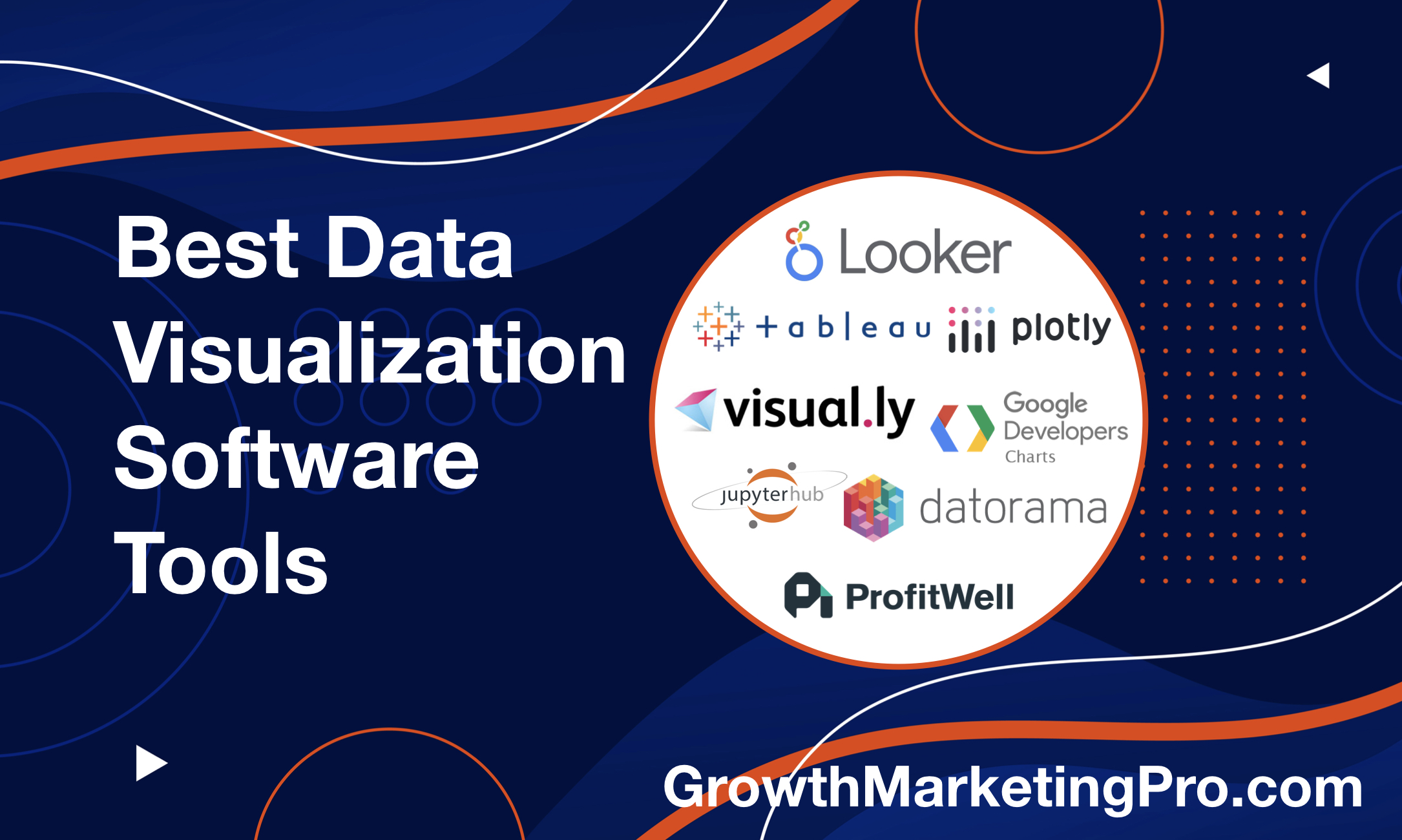
The Future of Business Intelligence
The field of Business Intelligence is constantly evolving. Emerging trends include:
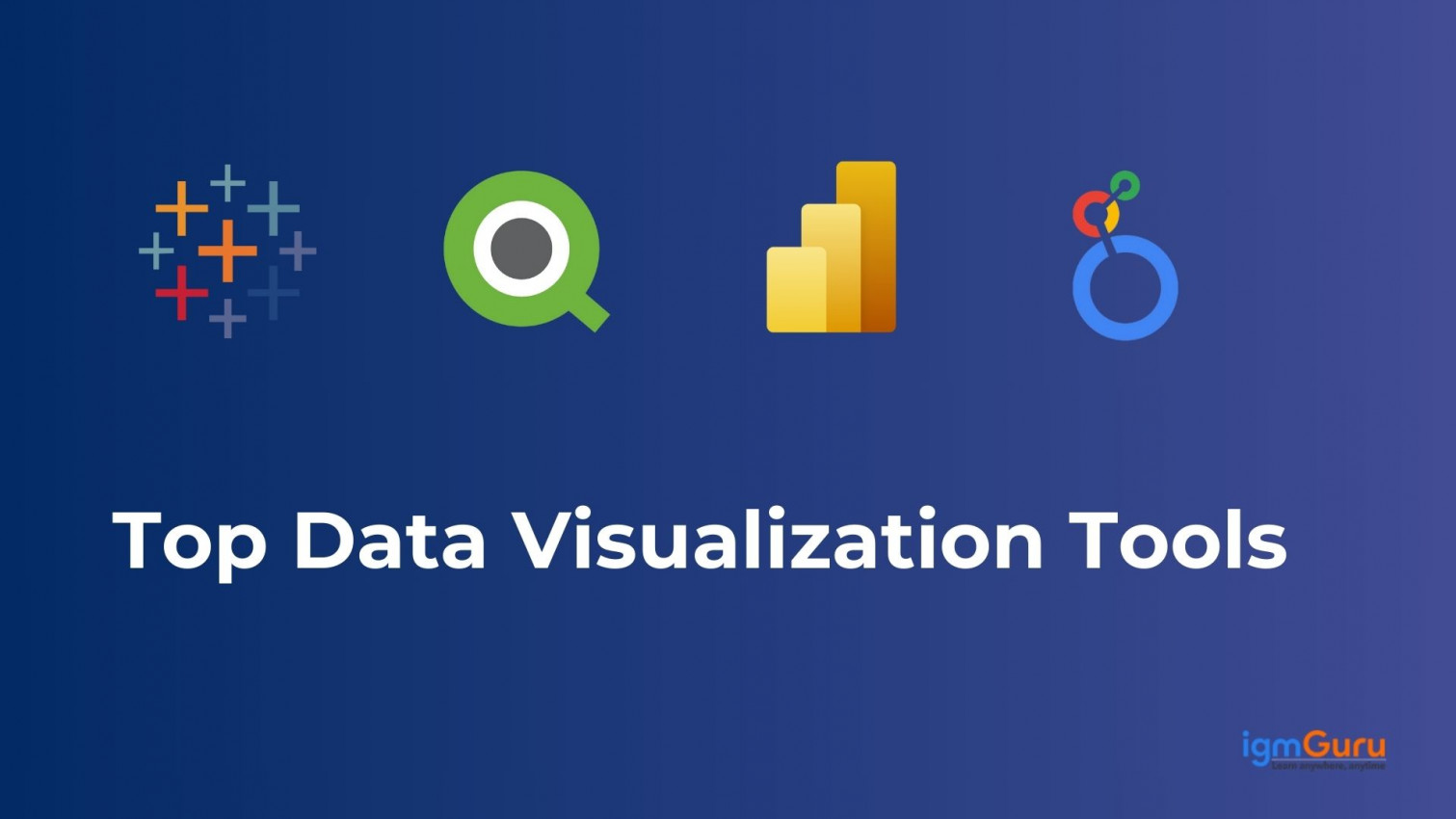
- Artificial Intelligence (AI) and Machine Learning (ML): AI and ML are increasingly being integrated into BI platforms to automate data analysis, generate insights, and predict future trends.
- Cloud-Based BI: Cloud-based BI platforms are becoming increasingly popular due to their scalability, flexibility, and cost-effectiveness.
- Embedded Analytics: BI is being embedded directly into business applications, providing users with real-time insights without requiring a separate BI platform.
- Data Mesh: A decentralized approach to data management that empowers domain-specific teams to own and manage their own data.
Conclusion
A Business Intelligence platform is no longer a luxury; it’s a necessity for organizations seeking to thrive in today’s data-driven world. By providing a centralized platform for data collection, analysis, and visualization, BI empowers businesses to make smarter decisions, optimize operations, and gain a significant competitive advantage. Investing in a robust BI platform is an investment in the future of your organization. Remember to clearly define your business objectives and choose a platform that aligns with those goals. The ability to effectively leverage data is the key to unlocking lasting success.
